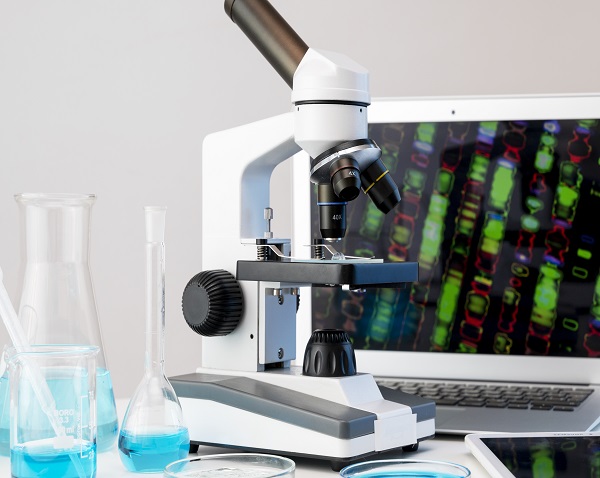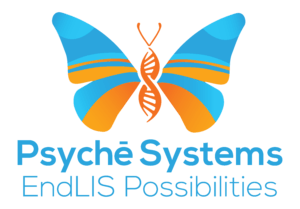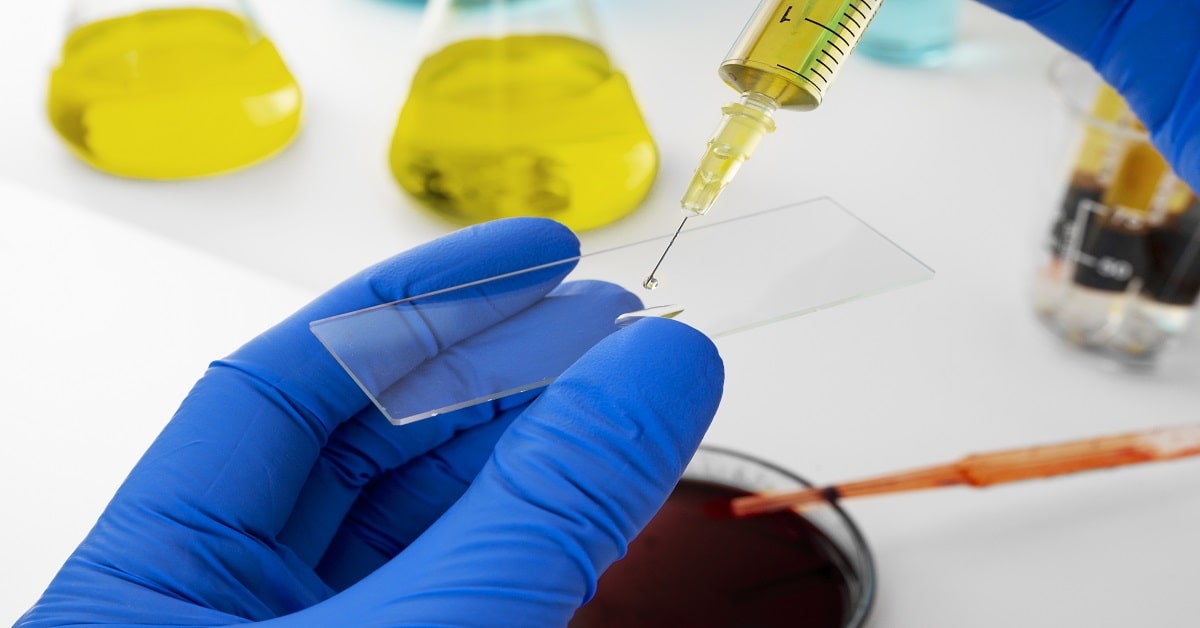Lumps or masses can be alarming to your patients. A rapid and accurate diagnosis can reduce patient anxiety and guide treatment. The application of laboratory information software and medical research allows healthcare professionals and laboratories to provide quick diagnoses with minimal psychological and physical suffering.
Fine needle aspiration (FNA) is one of these diagnostic tools. FNA is a minimally invasive method of collecting cell samples from lesions for microscopic examination. The cell samples collected during an FNA procedure are used to confirm a diagnosis or guide treatment. However, FNA has its fair share of challenges. There are risks of false negatives and inconclusive diagnoses, which may slow the process or increase patient anxiety.
Pathologists and other health care professionals should order additional diagnostic tests and use medical technologies like laboratory information software (LIS) to enhance the accuracy of FNA. LIS has revolutionized fine needle aspiration cytology by providing pathologists with all the necessary information for running the test. The system also provides the sequence and procedures of FNA, which minimizes errors and missed information about cell morphology.
Benefits of using Laboratory Information Software for FNA Cytopathology

Misdiagnosis can delay treatment or put the patient on an inappropriate treatment plan. Accurate and timely diagnosis should be the core pillar of any cytology laboratory. While staffing your lab with qualified and licensed pathologists and cytotechnologists enhances its credibility, human errors may water down your efforts. Every lab should improve its efficiency and accuracy by incorporating relevant technologies. Laboratory Information Software provides the following benefits to your cytology lab.
Improved Accuracy and Consistency of Diagnosis
Every diagnostic procedure follows a specific sequence to provide accurate results. Bypassing a single step may lead to false negatives or make the test results inconclusive. Laboratory information software provides pathologists with the procedure required to provide accurate and consistent results in a fine needle aspiration procedure.
Your lab pathologists do not have to memorize the procedures or keep handwritten notes when performing a fine needle aspiration test. In addition, LIS helps your lab staff keep track of patient medical history, previous tests, and other clinical data.
Laboratory information systems minimize human errors by providing all the information needed to perform a fine needle aspiration procedure. Moreover, LIS automates data analysis and reporting, which aids the generation of standardized reports and results. The reports are customized to include relevant reference ranges, clinical correlations, and other patient information, which improves interpretation by clinicians and other healthcare professionals.
Streamlined Workflow and Increased Efficiency
Fine needle aspiration tests involve more than one healthcare professional. Laboratory Information software optimizes workflow by automating various processes of FNA. The software also helps track samples from the collection to analysis and reporting. Automating the FNA steps and procedures enhances workflow and minimizes human errors such as specimen mix-ups.
Moreover, LIS reduces turnaround times and improves overall lab productivity. LIS ensures your staff is only engaged in the stages that cannot be automated. The pathologists can handle other aspects of the diagnostic procedure as the information software works on the analysis and reporting. This reduces time spent on paperwork and interpretation of results, enhancing the efficiency and productivity of your lab staff.
Specific Features of A LIS That Are Beneficial for FNA Cytopathology
LIS has several features that are beneficial to FNA cytopathology. Here are some LIS features that can enhance the FNA diagnosis tests in your laboratory:
Enhanced Image Management Capabilities
FNA involves the collection of sample cell specimens for microscopic analysis. A lab information software with image management capability enables the storage and retrieval of FNA digital images for analysis.
The software also provides high-resolution cell images for measurement and comparison. Your lab pathologists use image management capabilities to study and analyze the sample cellular morphology accurately. Moreover, the pathologist can compare current cellular images with previous ones to track treatment progress.
Integration with Other Laboratory Systems
LIS integrates with other laboratory systems, such as laboratory information management systems (LIMS) and electronic medical records (EMRs). This integration allows a seamless flow of patient information, such as other diagnostic results, which enhances the interpretation and reporting of FNA test results.
Improve The Accuracy of FNA Tests and Workflows with Laboratory Information Software.
Fine needle aspiration is a diagnostic tool that collects cellular specimens for microscopic examination. Results from FNA aids confirmation of a diagnosis or preparation of a treatment plan. As a diagnostic tool, FNA requires pathologists and cytotechnologists to adhere to test procedures and sequences to provide accurate results. However, human errors can lead to wrong results or misdiagnosis, which impact treatment plans.
At Psychē Systems, we work with cytology labs to improve the accuracy of FNA tests through application information technology. Our laboratory information software minimizes human errors and improves the accuracy, efficiency, and productivity of your lab. Contact us at 508-422-0157 to learn more.

